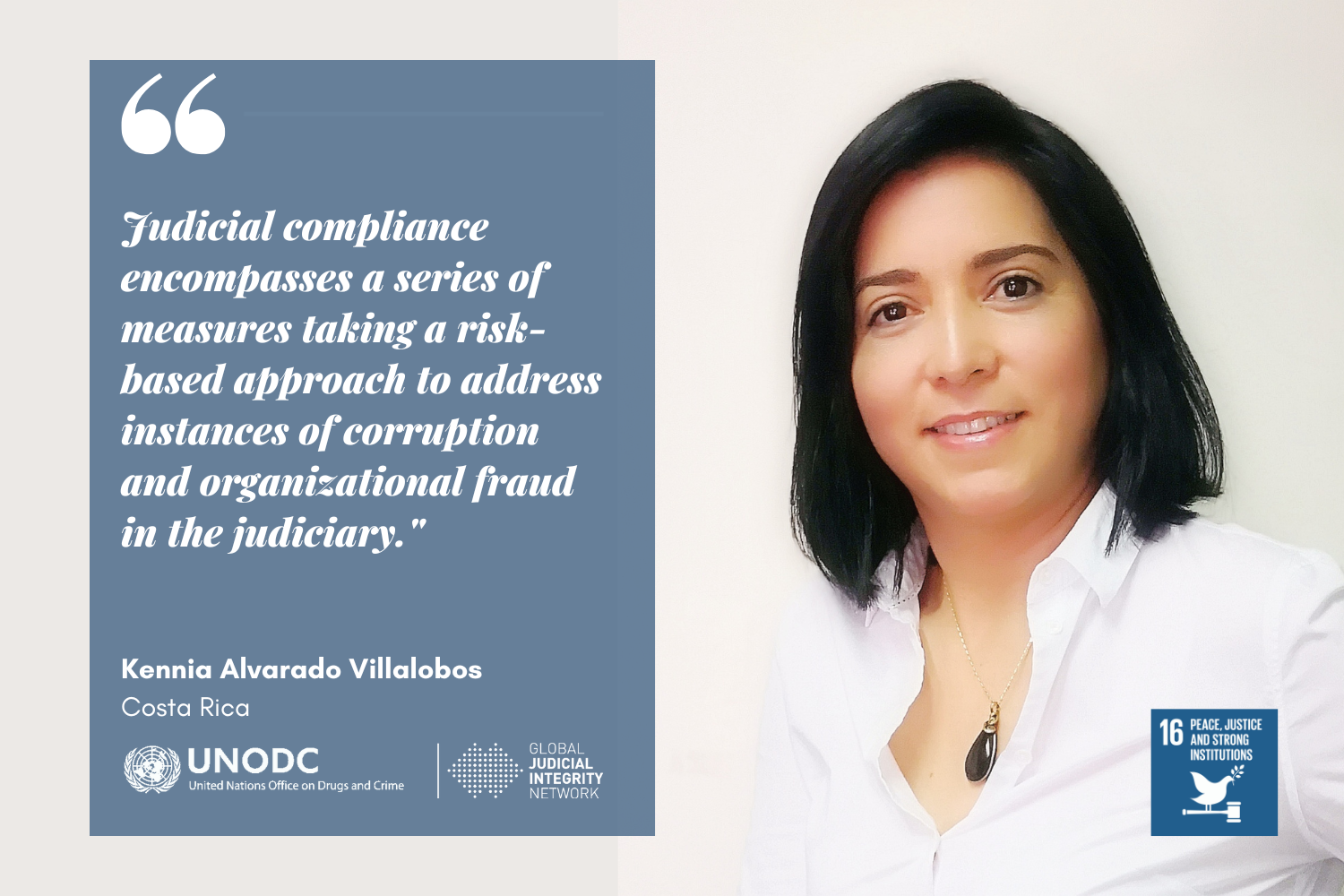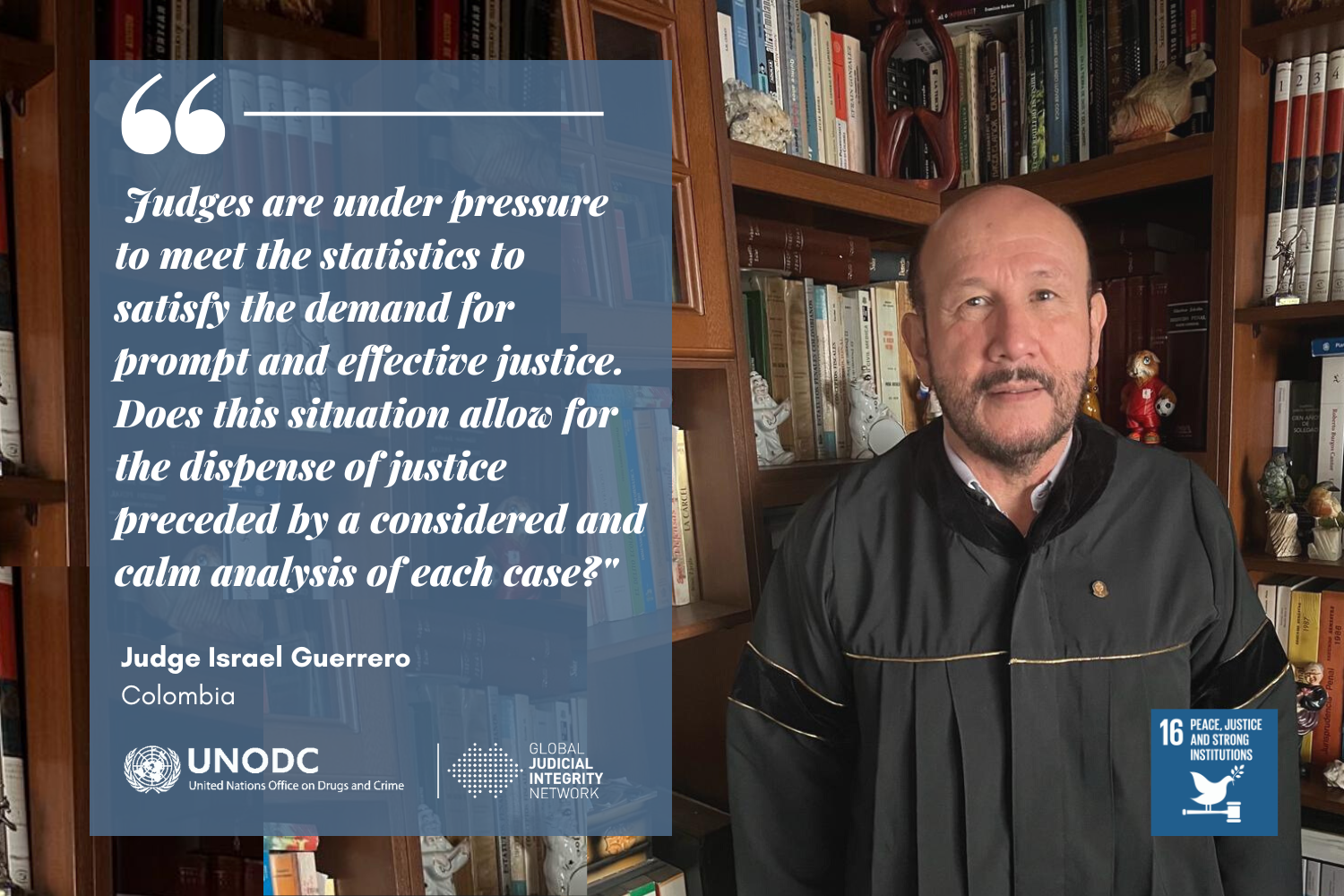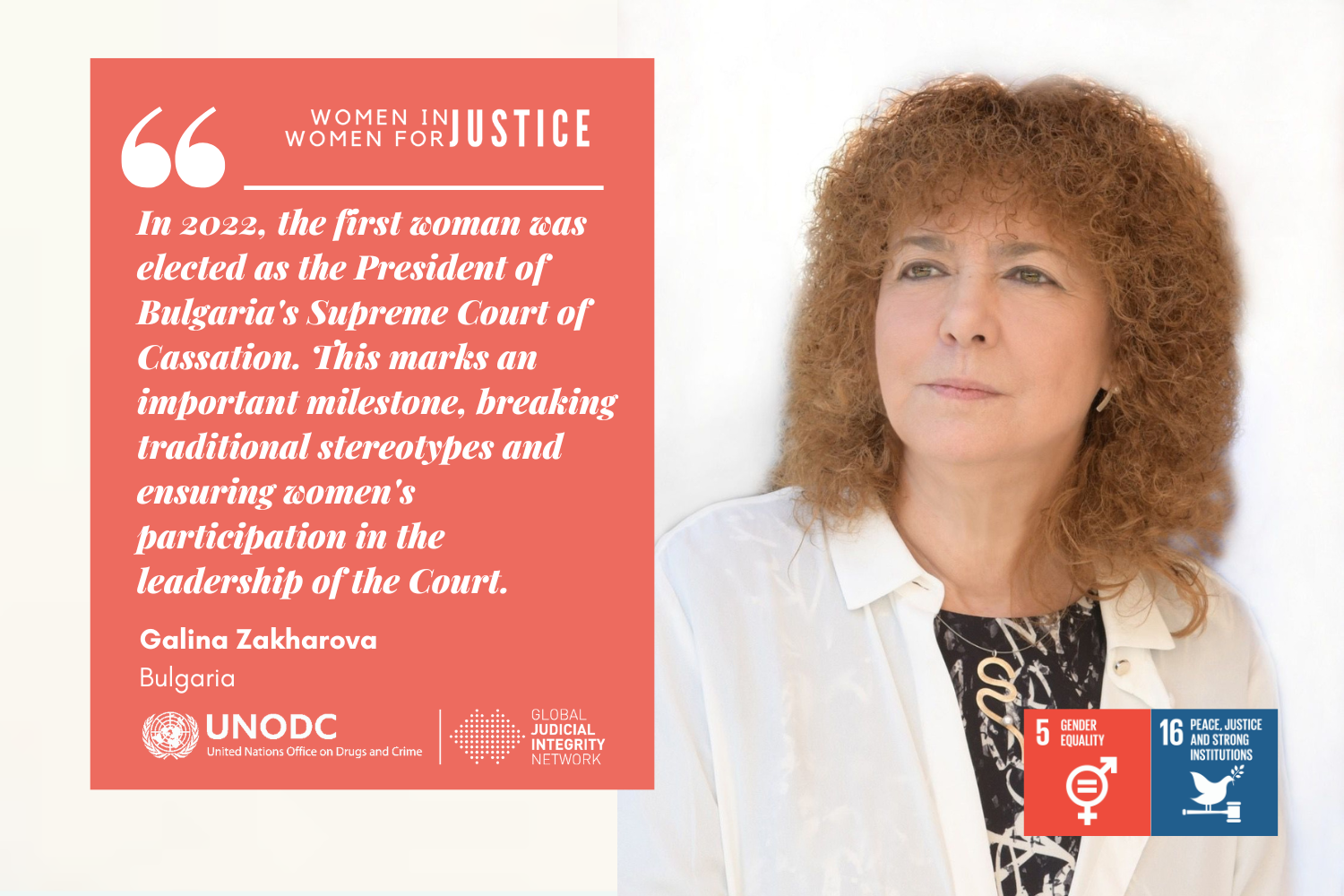The Road Towards Judicial Integrity at the Federal Courts of Ethiopia
Chief Justice Meaza Ashenafi is the President of the Federal Supreme Court of Ethiopia. Previously, she co-founded and served as Executive Director of the Ethiopian Women Lawyers’ Association. She also co-founded the Enat-Bank, the first bank aimed to support women.
______________________________
Three and half years ago, Ethiopia embarked on what one could fairly consider as a ground-breaking legal, economic, and political reform. The federal judiciary have particularly seized and capitalized on the reform with the appointment of a new judicial leadership to the Federal Supreme Court. At the backdrop of the multi-faceted reform process of the judiciary, the leadership committed to build a strong judicial institution defined by the attributes of independence, transparency, impartiality, and accountability in order to be endowed with public trust. The core substance of the reform has the element of judicial integrity without which it is utterly impossible to have a judiciary that has all the attributes mentioned.
In the past, the Ethiopian judicial system had been seriously affected by lack of public trust. Failure of integrity both at the individual and institutional level was the main cause of the distrust. In particular, the problem of corruption, favoritism, and inaccessibility was said to be characteristically rampant within Ethiopia’s judiciary at all levels. Due to this, citizens had generally no or little trust in the judiciary which, in turn, has significantly diminished the public trust in the rule of law, hope for democratization, and the protection of fundamental rights.
With a view to ensuring judicial independence, addressing the problem of integrity, and improving transparency and accountability, the leadership of the court, in close consultation with stakeholders, has taken a series of efforts including revision and enactment of the legislation.[1] These legislative frameworks and related activities provided robust bases to effectively tackle the problem of judicial integrity. For instance, just recently, the Federal Judicial Admiration Council has removed the immunity of two federal high court judges suspected of committing a crime of fabricating documents and issuing fraudulent arbitral awards. It is believed that measures like this would send a strong signal regarding the direction of the federal courts in relation to tackling judicial corruption and strengthening judicial integrity.
Also, addressing the problem of judicial integrity goes hand-in-hand with ensuring diversity. Hence, the reform is changing the deep-seated demographics of courts to ensure women’s representation in the judiciary. In the past two years, the number of women judges at the Federal High Courts increased from seven to sixteen, and women vice presidents have been appointed at the Federal High Courts and the Federal First Instance Courts.
The Federal Supreme Court made great strides forward in the past years and has managed to build a new image of an independent judiciary. This has earned the court incremental recognition. However, there are many challenges that require persistent attention and entrenchment of the current reform measures. While efforts undertaken within the court are necessary, it is important to stress that such efforts alone would not be sufficient to uproot the ethical issues for the simple reason that misconducts are neither unique to the judiciary nor are done in isolation from the public. Hence, everyone, including the general public, has a critical role to play in ensuring judicial integrity.
Strengthening judicial integrity requires the existence of an effective and robust mechanism through which efforts of other stakeholders would be engaged. In this regard, the contribution to and the participation in national and international fora aimed at sharing good practices is crucial. This is certainly an important role that the Global Judicial Integrity Network can continue to facilitate.
[1] See Federal Courts Proclamation No. 1233/2021, May 2021 and No.1234/2021, June 2021; Regulation No.1/2020 and No.2/2021; and Directive No. 008/2021


